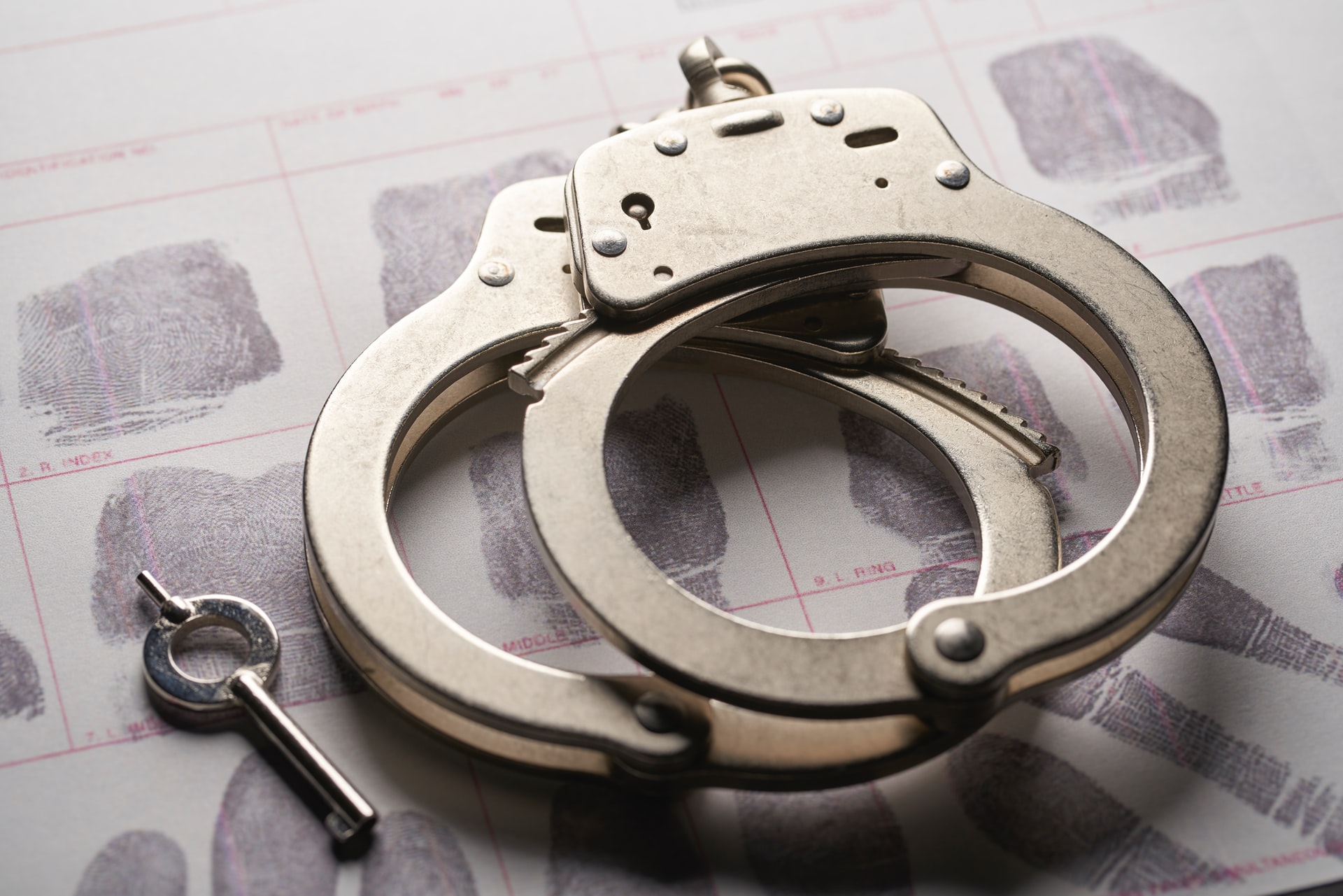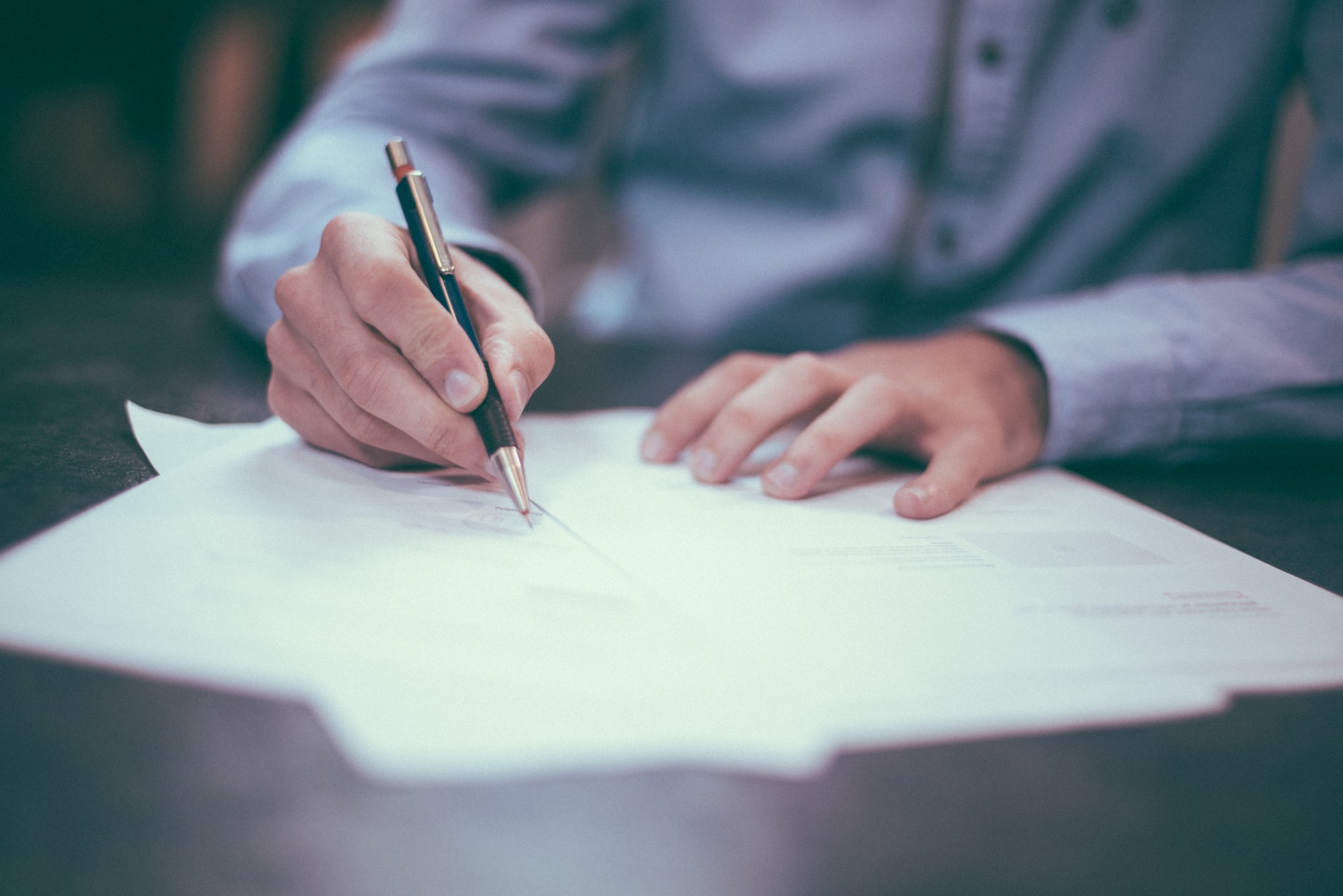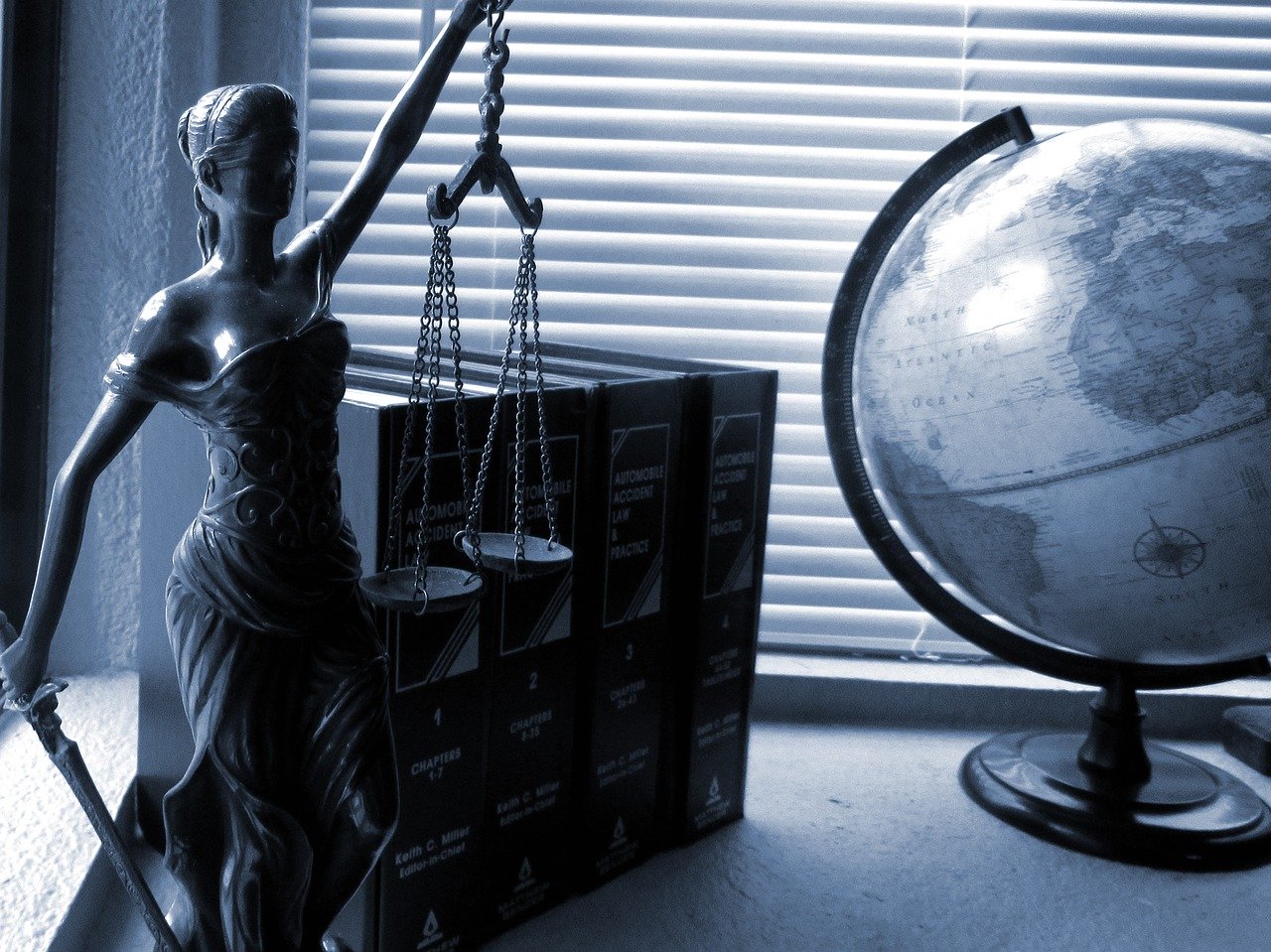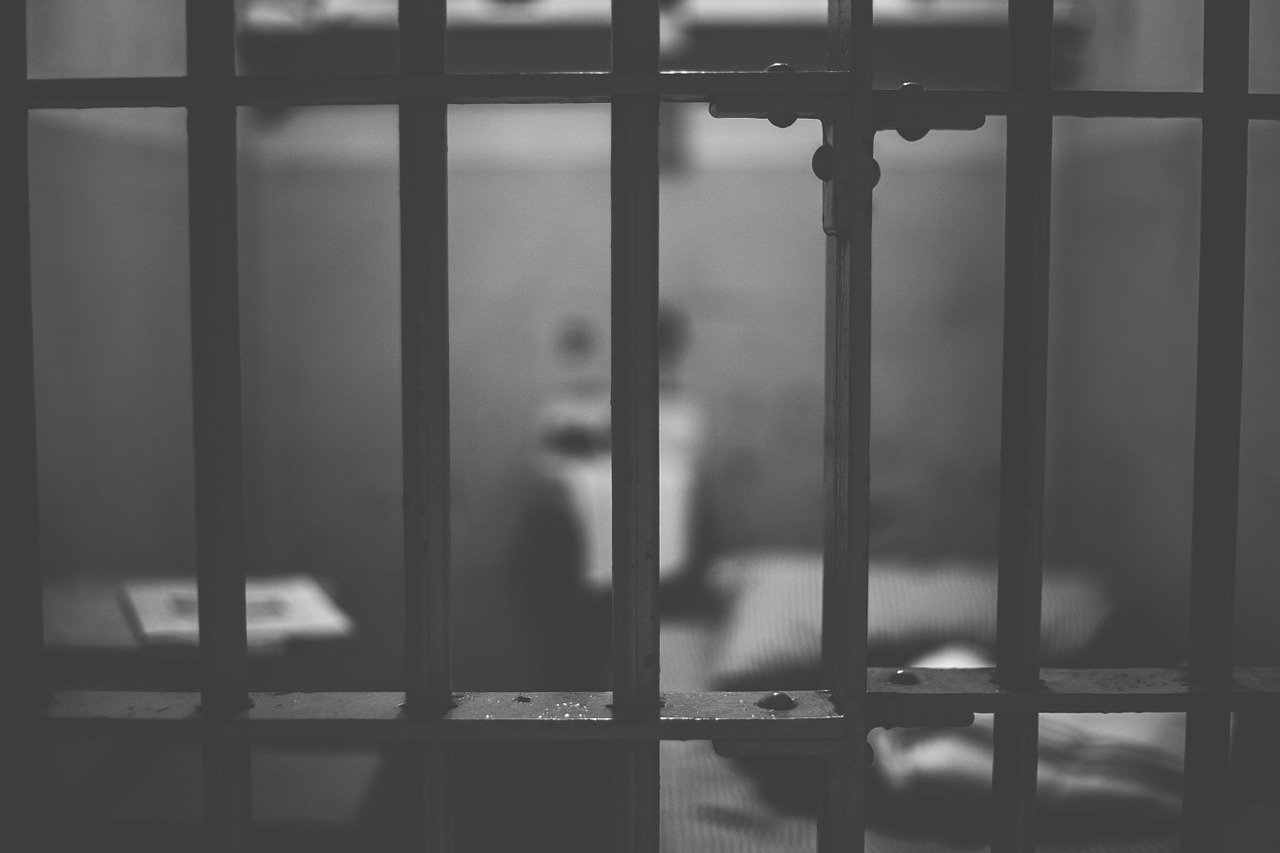If you’ve been charged with a criminal offense, it may be frightening to think about which steps you should take next. Your first step should be to consult an experienced and trustworthy attorney, but how do you determine which criminal defense lawyer is right for you?

With these steps, you will learn how to select the right attorney, even if you’re not guilty, as well as what information is important for you to give to your attorney. It’s especially important to understand what to prepare for your first meeting with your lawyer, which will provide them with the information they will need to properly defend you and determine the best outcome for your case.
Research your potential attorney

There are a lot of different law firms out there, but there are only a few law offices near you that will have a criminal defense lawyer that is experienced and knowledgeable about the crime with which you’ve been charged. So, when you’re researching for the right attorney to represent you:
#1 Find a criminal defense attorney for a criminal case
If you’re dealing with a criminal charge, you most likely won’t want a generalist to represent you at the courthouse. Generalists deal with all types of cases and often don’t have expertise in any specific area of the law. When you research your attorney options, look into the types of cases they’ve litigated in the past. If they specify that they represent cases that only deal with certain aspects of the law, you will find that those attorneys are more knowledgeable in those types of cases and understand the law more deeply in those specified areas. If you find an attorney who has had a lot of experience with criminal law, they will be more suitable to give you a strong defense. These lawyers are sometimes called “specialist” lawyers, and can have more experience in defense and litigation than a lawyer that deals with everything.
#2 Look into case results and testimonials
Good lawyers will often illustrate their good track record in the form of testimonials, or even past case results. If you are able to find a defense attorney who readily shares this information, they are likely a good candidate. Take the time to read through testimonials in order to get a sense of the attorney and how they operate. If they sound like a person you’d work well with, then they will likely be a good match for you and your case.
#3 Set up a consultation meeting
Once you have done your research and narrowed your attorney candidates down to one or two possibilities, set up meetings with those attorneys. Some lawyer’s offices may call this a legal consultation. When you call their office, make sure to ask if there’s anything specific you should bring to the meeting. Plan to be early to this consultation and pick out business casual attire to wear. Depending upon what your attorney suggested you should bring, begin preparing for your meeting.
Prepare for your meeting
Properly preparing for the meeting with your potential criminal defense attorney is crucial for their law firm to understand your case and strongly defend it. Some lawyers have their potential clients fill out questionnaires before this meeting and bring certain documents, but you should also be prepared to talk freely about your case. Your lawyer is obligated to keep what you say confidential, and the more information you give them, the better their defense of your case will be.
Some documents you should bring to your initial meeting are:
- Anything you received from the court about the charges against you
- A copy of the police report
- If your property was searched, any documents given to you by the police
- Your bail documents
- Any documents with information about the dates you are expected to appear in court
- A list of any witnesses who may have been at the scene of the crime, or can corroborate your alibi (proof that you were not at the scene of the crime). If possible, include contact information for all of those listed.
- Prepare a list of questions to ask your attorney
Prepare your Questions

Meeting with lawyers is a great chance to see what resources they have available to them. Note that some lawyers don’t always attend these consultations, and may have one of their staff members meet with you instead. Don’t take this as a red flag, as oftentimes good criminal defense attorneys are in court or working on a case in progress. Come prepared with a list of questions you might ask the law firm, such as:
- How long have you been practicing criminal law?
- Are you familiar with the types of charges against me? How often do you defend similar cases?
- Are your cases often brought to trial? Could you tell me a bit about plea agreements and how often you negotiate them? Click here to learn more about plea bargains.
- Are you familiar with the courthouse where my case will be held? How often do you represent clients there?
- Is my case more likely to get a court trial or a plea agreement?
- How large is your client base compared to the resources that you have available? Is my case the type that you’d be able to handle with your current amount of clients?
- Will you be personally representing my case if it goes to trial? If not, who else will be working on my case?
- What are your rates/how do you charge? Are there any additional fees that I should be aware of?
Based on the advice and information provided at these meetings, you should be able to determine the attorney that’s right for you. Ultimately, when you are deciding on a criminal defense attorney, you should find someone you’re confident has the skills and expertise to represent you strongly and get you the outcome you deserve.
Our team of attorneys has over 50 years of combined experience working for criminal defense cases just like yours. We are extremely knowledgeable about New Hampshire’s criminal law, and represent our clients with expertise and respect. If you need a trustworthy and experienced attorney to represent your case, contact Bernstein & Mello, P.L.L.C. today.



